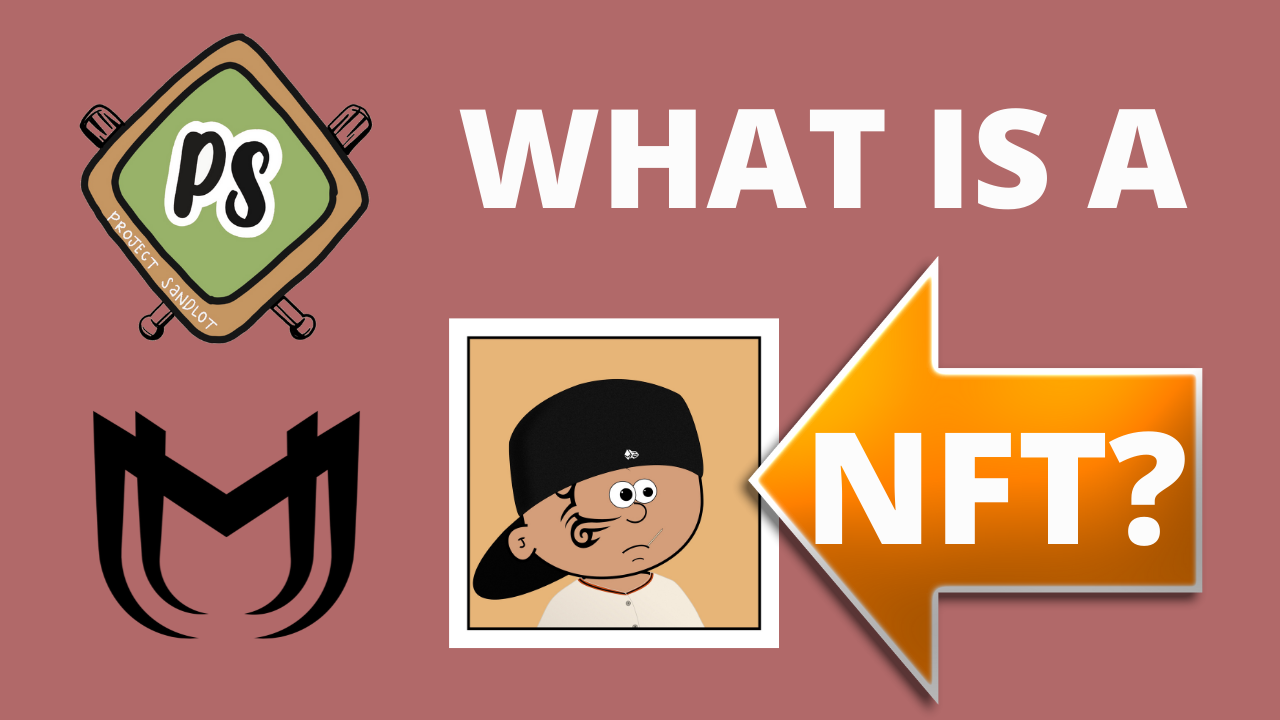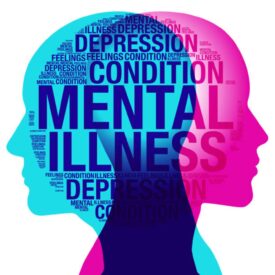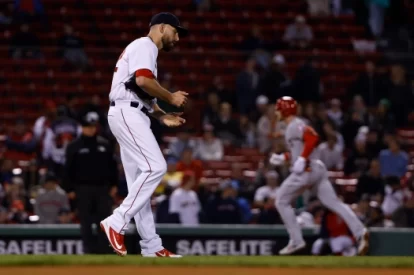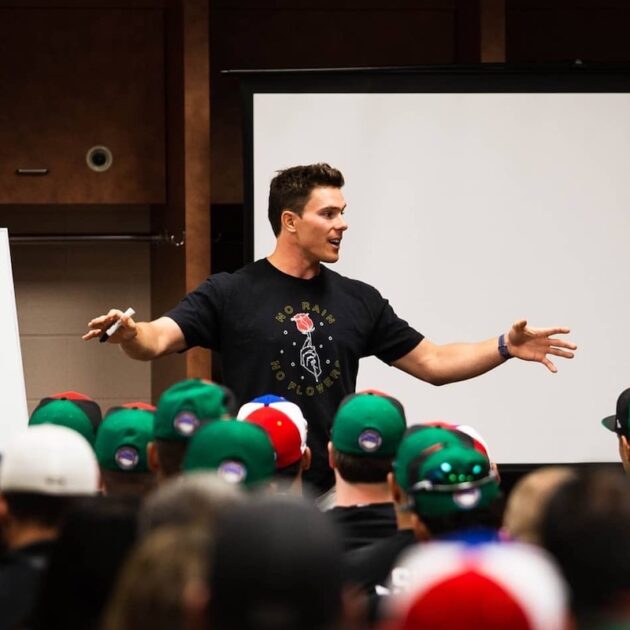I remember when I first saw the trailer for the E60 Documentary Alive – The Drew Robinson Story. I was immediately drawn in. I watched every second of the documentary just glued to the screen. I tried to figure out what I was feeling but all I could feel was a sense of shock. To hear everything Drew went through and to come out the other side on a mission to help others is flat out remarkable.
The story of the Major League outfielder is a tale of triumph, not sadness. I know many of you probably know Drew’s story already. An article by Jeff Passan from ESPN tells it much better than I can, but one night Drew attempted suicide by handgun. As Passan stated, that was supposed to be the end of Drew’s story, but it wasn’t. He survived his attempted suicide and lives to tell his story.
“I’m Here For a Reason”
Throughout the article, Drew states that he is here for a reason and one of those reasons is to tell a story. Not just the story of what happened, but the real story. The story of his battle. The story of his fight. Drew discussed how lucky he was and his need for therapy and medication. He reiterated one thing Simone Biles stated when she dealt with her mental health battles in that it is ok to not be ok.
This all hit home for me. I struggled with my mental health battles and there were many times through those themI felt I wasn’t good enough for the people around me, for the job I had, etc. It was tough to find people I trusted to talk about these issues. Not just professional help, but friends and family. When you are in those battles, the feeling of being weak comes over you and it makes it even more difficult to reach out for the help that you need.
Drew’s story helped me, as I am sure it did for many others, to realize that it is okay to feel this way. That when you are in these battles with yourself that you should never give up because you are here for a reason. I have a friend Jake Wiskerchen who is a Marriage and Family Therapist. The one important lesson he taught me is that all emotions are temporary. As we work through these battles from time to time, it is extremely important to remember that. The emotions we have are temporary and we can get through them even though at times it may seem impossible.
In April of 2020, Drew Robinson of the #SFGiants attempted to take his life while battling anxiety and depression. Drew survived this suicide attempt for a reason, to bring awareness to mental health, provide hope and to let everyone know that we are all here for a reason. pic.twitter.com/F1gn7sBg8d
— SFGiants (@SFGiants) September 4, 2021
You’re Not Alone
One quote from Drew hit me the most “How can I go through this and not find a way to try to help other people or impact other people’s lives? Just have this happen and just move on with my life the way I was before? There’s no way. This was a huge sign. A huge, painful sign that I’m supposed to help people get through something that they don’t think is winnable”. This means everything. As someone who has made it a life goal to destigmatize battles with mental health and to let everyone know that mental health does matter, this is what is needed. The fact that after everything Drew went through, he still wants to use his story to help others so they know they’re not alone is incredible.
This is one of the biggest steps in destigmatizing mental health. Letting people know they are not alone no matter what they are going through and what feelings they might be dealing with. That is what Drew’s story means to so many. He gives a voice to those who might be going through something similar and feeling like they don’t have a voice. He brings attention to an issue impacting so many… not just athletes, not just people across the United States, but around the world. Someone may see his story and find they are going through the same thing. It could lead them to feeling they aren’t alone and maybe even taking that next step to seek out help.
Here’s the perspective of Drew Robinson’s home run tonight from his family in the stands. Him pointing to them at the end is everything that’s good in this world. pic.twitter.com/pKd6ZTSj55
— Jeff Passan (@JeffPassan) May 12, 2021
The Need For Support
His story is also one that drives home the need in the United States to not just fix our mental health care system, but transform it. These problems have existed for decades. The lack of access to quality mental health care and the need for behavioral health care providers have existed for a very long time. In 2019, only 45 percent of people with a mental illness received any mental health treatment. This translates to unmet need for more than 30 million Americans. The unmet need has led to mental health battles persisting for so many. According to the Centers for Disease Control and Prevention (CDC), in 2019, suicide was the tenth leading cause of death overall in the United States and was the second leading cause of death among individuals between the ages of 10 and 34. If we want to lower these numbers, we have to find ways to improve the support for those facing mental health battles.
We need to improve access to these vital services for those who need it. Mechanisms like mindfulness, yoga, and others can be great in helping someone’s mental well-being, but oftentimes professional help is also needed. A RAND report looked at how to transform the U.S. mental health care system and provided recommendations to promote transformational change to improve the lives of millions of Americans living with mental health battles. Some of those recommendations included:
- Making mental health education a key part of a comprehensive health education curriculum.
- Establishing an evidence-based mental health crisis response system
- Expanding scholarships and loan repayment programs to grow the behavioral healthcare workforce in areas of high need
- Improve the availability and quality of peer-support services
These are just a few of many changes that could be made to improve the mental health care system in the United States. We also need to keep working together to destigmatize mental health altogether. More and more athletes are telling their story like Drew Robinson. These athletes are having a bigger impact than they may think. The more voices we can bring together, the louder we can be.








